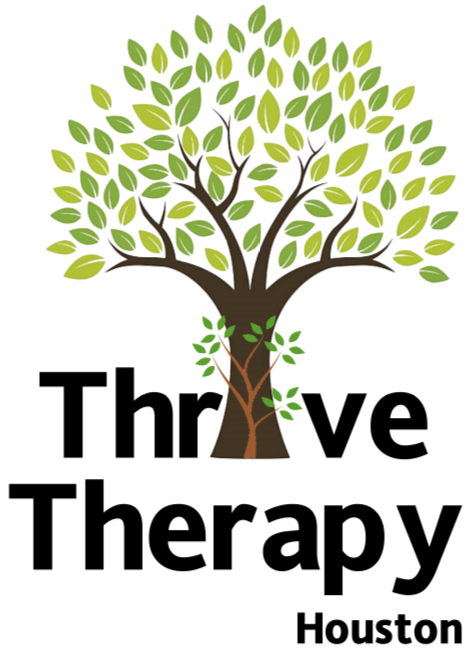Play Therapy
Play therapy is considered the most developmentally appropriate therapeutic approach for working with children (Landreth, 2002; Landreth, Ray, & Bratton, 2009; Schafer, Drewes, & Carey, 2001). Play therapy utilizes children’s natural mode of communication – play – to make the most of their time in therapy.
“Play Therapy is the most developmentally appropriate therapy for children.”
Schedule an appointment online:
Children between the ages of 3 to 12 years old should participate in play therapy as an intervention to alleviate symptoms related to behavioral and emotional problems, as well as contribute to overall wellness and healthy development (Ray & McCullough, 2015). Research supports play therapy an effective, evidence-based intervention for children who present with externalizing and internalizing problems, self-concept issues, reactions to traumatic events and complexities, developmental delays, social-emotional challenges, and relationship difficulties. (Bratton & Ray, 2000; Ray & McCullough, 2015). Research studies on play therapy consistently support the effectiveness of this treatment modality to treat PTSD symptoms in children (Baggerly, Ray, & Bratton, 2010; Ogawa, 2004).
Play therapy helps children to express themselves, develop new skills, facilitate social emotional learning, and build self-esteem. Play therapy can include interventions like expressive arts therapy, sand tray therapy, and Bibliotherapy (the use of books). Here at Thrive Therapy Houston, we are huge advocates for parental involvement in children’s therapy and it will almost always be a critical factor in our sessions. We often include Family therapy and Child Parent Relationship Therapy (CPRT) as part of our sessions.
“Play Therapy uses children’s natural mode of communication – play!”
In most common forms of play therapy, the therapists allow the child to lead to build self-esteem, track play to foster communication engagement, validate the child’s experiences to establish emotional regulation skills, and work on setting limits to help children master boundaries and safety issues. There are many different types of play therapy interventions and at Thrive Therapy Houston, we implement a mix of nondirective and directive play therapy approaches including Child-Centered Play Therapy (CCPT), Cognitive Behavior Therapy (CBT) Play Therapy, Adlerian play therapy, and Theraplay.
The Association of Play Therapy Evidence-Based Practice summary emphasizes the importance of play therapy being implemented by well-trained and knowledgeable play therapists that have been educated and supervised in the practice of play therapy. As you look for the perfect therapist for your child, look for that special RPT (Registered Play Therapist) designation after their name!
LEARN MORE: Special Play Time at Home Handout
LEARN MORE: Play Therapy Makes a Difference Handout
“Research supports play therapy an effective, evidence-based intervention for children with a multitude of concerns.”
References
Baggerly, J. N., Ray, D. C., & Bratton, S. C. (2010). Child-centered play therapy research: The evidence base for effective practice. Hoboken, N.J.: John Wiley & Sons.
Bratton, S., & Ray, D. (2000). What the research shows about play therapy. International Journal of Play Therapy, 9(1), 47-88. http://dx.doi.org/10.1037/h0089440
Landreth, G. (2002). Play therapy: The art of the relationship (2nd ed.). New York, NY: Brunner Routledge.
Ray, D. C, & McCullough, R. (2015; revised 2016). Evidence-based practice statement: Play therapy (Research report). Retrieved from Association for Play Therapy website: http://www.a4pt.org/?page=EvidenceBased
